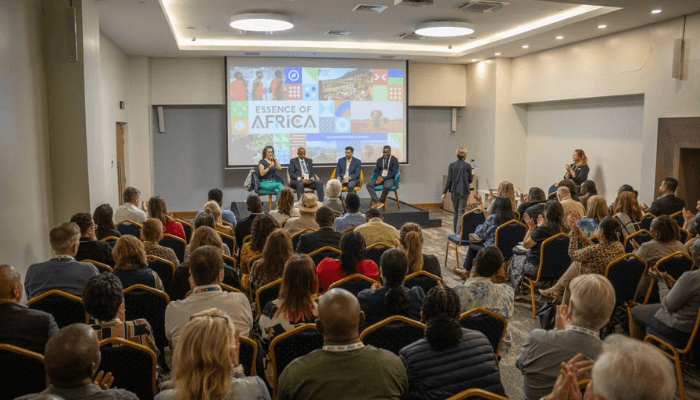
Our Correspondent | Africa Guardian
At the recently concluded Essence of Africa event in Nairobi, tourism industry experts called for sustainable tourism models led by Africans to drive genuine economic and environmental progress. The event, moderated by Jan Hutton, CEO of Australian Tourism Data Warehouse, provided a solutions-focused platform to address key challenges in Africa’s tourism sector.
Rethinking Community Engagement
Panelists emphasized the need to redefine how tourism businesses interact with local communities. Mohammed Hersi, Group Director of Operations at Pollmans Tours & Safaris, challenged the conventional “giving back” narrative, advocating for communities to be treated as business partners rather than passive beneficiaries. “These are the people protecting our parks and wildlife. Let’s work together as stakeholders,” he urged.
Conservation Through Community Partnerships
Highlighting the role of communities in conservation, Mohanjeet Brar, Managing Director of GameWatchers Safaris and Porini Camps, noted that 60-70% of Kenya’s wildlife resides on community lands outside national parks. His company’s approach involves leasing extensive community habitats for tourism ventures, ensuring that locals benefit financially while wildlife habitats are preserved. “There is no conservation without communities,” he emphasized.
Tourism’s Multiplier Effect
Amos Wekesa, CEO of Great Lakes Safaris, illustrated how tourism stimulates local economies. Using coffee as an example, he explained that in-country consumption by tourists significantly boosts its value. “A kilo of coffee can generate over $120 when consumed locally compared to standard export prices,” Wekesa noted.
Engaging Youth for Future Sustainability
With 70% of Africa’s population under 30, Brar highlighted the urgency of integrating young people into sustainable tourism initiatives. “The median age in Kenya is 19. We cannot maintain the status quo. We must drive positive change,” he said, pointing to the demographic opportunity for creating long-term economic and conservation benefits.
Addressing Climate Challenges
The panel also tackled the environmental issues threatening tourism and livelihoods. Brar cited sand harvesting and flooding, worsened by climate change, as major concerns. He called for innovative solutions to mitigate these impacts, emphasizing the need for sustainable infrastructure and practices.
Success Stories and Untapped Potential
Sharing positive developments, Hersi highlighted the formation of 32 conservancies that balance tourism with traditional livelihoods, such as cattle keeping. These initiatives demonstrate the tangible benefits of conservation partnerships. He also underscored Africa’s untapped potential, noting that the continent currently attracts only 3.5% of global international arrivals, despite its rich offerings.
Innovative Sustainability Solutions
The panel proposed creative approaches to tackle sustainability challenges, including:
- Direct payment models for biodiversity conservation.
- Integrating livestock farming with wildlife tourism.
- Launching beekeeping projects that support conservation and economic development.
- Training programs for communities near national parks to enhance local capacity.
The Essence of Africa event reaffirmed that sustainable tourism is key to unlocking the continent’s vast potential while benefiting its people, wildlife, and environment. Panelists called on stakeholders to lead the charge in creating innovative, inclusive, and resilient tourism models for the future.
___
